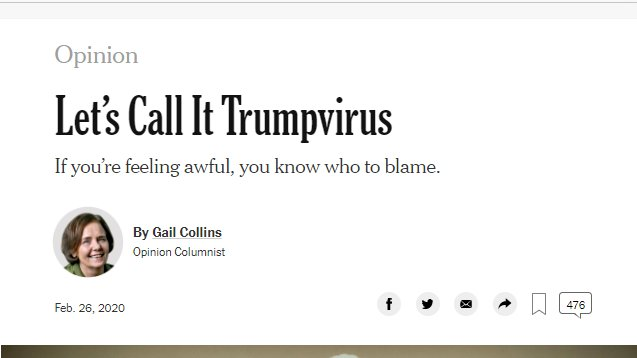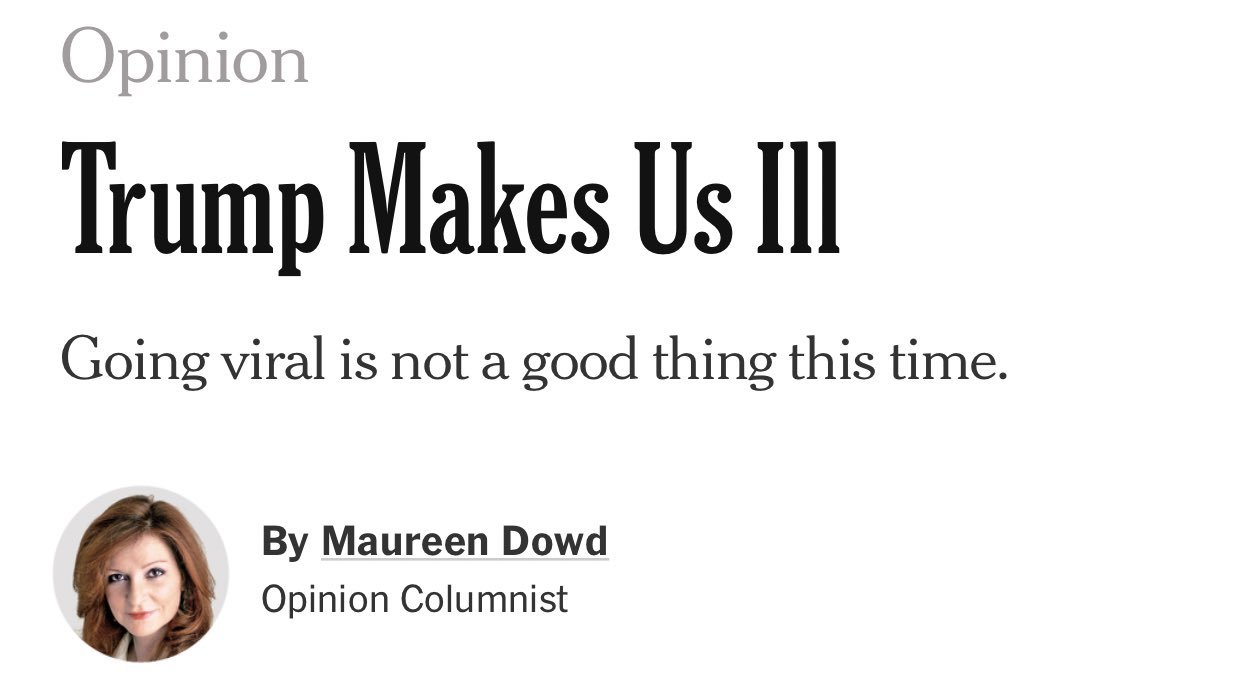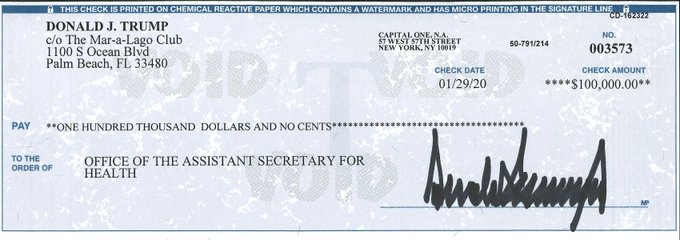
Article by Tyler O'Neil in "PJMedia":
In an exclusive interview with
PJ Media at the Conservative Political Action Conference (CPAC) on
Friday, bestselling author, radio host, and conservative commentator Todd Starnes
warned against the nefarious impact of radical LGBT groups like the
Human Rights Campaign (HRC), GLAAD, and the Southern Poverty Law Center
(SPLC). He condemned them and their allies in the legacy media and the
Democrat Party for fomenting a "demonization of people of faith,"
warning that if these activists take control, they would shut down every
church in America and host Bible burnings in major cities.
"GLAAD
and the Human Rights campaign want to shut down every church in
America," Starnes, formerly with Fox News, told PJM in the interview.
"If they had the right to do so, I know that’s exactly what they would
do. And I would not be surprised, if they were in charge, that people
like the Human Rights Campaign would actually have Bible burnings in
cities across the country."
Starnes
admitted that this may seem like a ridiculous fear, but he insisted it
is far more likely than it appears. "You might say that’s absurd, that’s
outrageous. But where do we get our teachings on marriage and human
sexuality? We get those teachings from the Holy Bible. That’s what they
want to destroy."
He warned
that so many Americans — even in conservative media — are "terrified of
these folks" and unwilling to speak out. "I’m just one of these guys
that says, 'You know what, they’ve said everything they can say about me
and they’re not gonna bully me, they’re not gonna badger me, and we’re
just gonna tell it like it is.'"
"I
think one of the most dangerous things that’s happening in the country
right now is this demonization of people of faith, of people who hold to
traditional Christian religious beliefs," Starnes said. "We have seen
the mainstream media and we have seen the Democrats be really complicit
in this effort to smear and to really slander Christian conservatives."
He warned that "in doing so, they have literally put a target on the
backs of every single Christian in America who adheres to traditional
biblical beliefs on issues like sex and marriage and that’s a big
problem."
When
it comes to putting a target on someone's back, Starnes mentioned the
attempted terrorist attack against the Family Research Council (FRC),
which the SPLC accuses of being an "anti-LGBT hate group."
"The
Family Research Council, I have very dear friends who work for that
organization. A domestic terrorist used information obtained from the
Southern Poverty Law Center to go and commit what would have been a
massacre at FRC headquarters in Washington, D.C. Had it not been for a
brave security guard who stopped the gunman and himself was shot in the
process, it would have been a very different story," Starnes said.
"That’s
how dangerous the Southern Poverty Law Center is. It’s a sham
organization. Shame on them, shame on them... for going out there and
smearing good and decent and honorable people in this country," the
radio host added. "It’s absolutely appalling what these groups are
doing, trying to stifle free speech every freedom-loving patriot ought
to be standing up against the Human Rights Campaign and the SPLC." (For
more on the SPLC's corruption, check out my book, Making Hate Pay: The Corruption of the Southern Poverty Law Center.)
"It really is a
very dangerous time in America right now if you are a Jew or if you are
an evangelical Christian who again holds to traditional beliefs on
marriage," Starnes warned. He suggested the SPLC is "the hate
group. They’re out there accusing people like the Family Research
Council or American Family Association, they’ve even come after me, gone
after me, and accused me of being a hateful person. They’re the ones
that are spewing and fomenting hate and dissension in America."
The
radio host warned that HRC, GLAAD, and the SPLC "want to shut down
specific viewpoints" by branding any dissent from their opinions as
"hate speech."
"All of a
sudden, your opinion is hate speech. And if it’s hate speech, you’re not
allowed to share your opinion anymore," Starnes explained. "I just
don’t buy into that argument. I’m a First Amendment purist. I believe
that everybody — I don’t care if you’re gay, straight, you’re a martian,
or you’re from Venus, I don’t care! — you have a right in this country
to live your life the way you want to live your life, you have a right
to say what you want to say."
"I
don’t have a right to tell you how to live your life," he continued,
"but again, the Human Rights Campaign, they need to get this fundamental
American truth down pat: you don’t have a right to tell us how to live our lives, either."
Starnes briefly touched on a few threats that LGBT activists and the Democrat Party pose to religious freedom in America.
He
referenced Russel Vought, now acting director of the Office of
Management and Budget, whom Sen. Bernie Sanders (S-USSR) — the current
frontrunner in the Democratic presidential race — targeted for his
religious beliefs.
Vought
was "expressing his belief that salvation comes through a relationship
with Jesus Christ. That may have unqualified him for public service in
the eyes of Bernie Sanders," Starnes explained, referencing Sanders's remarks
at a Senate confirmation hearing. "That ought to tell you all you need
to know about the Democrats. Every single one of them believes the same
thing Bernie Sanders does. And if they say otherwise they’re just
lying."
"Just a few days
ago, you had [former Mayor] Pete Buttigieg at a town hall meeting with
Don Lemon suggesting that Christian universities should lose federal
funding if they discriminate against gay people by not hiring them for
positions. It’s appalling. If you are a Christian college, you should
have the right to hire people who ascribe to the tenets of your
religious beliefs, " the radio host added.
Finally, he brought up the religious battle over Business Leaders in Christ (BLinC),
which insisted on restricting its leadership to Christians. The
University of Iowa claimed this constituted "discrimination" and went
after BLinC and other student groups.
"Some
of these Christian clubs on public university campuses have literally
been told, 'You are the Christian Journalist Society, you’re not allowed
to have a Christian or mandate that a Christian be the leader of your
organization.' That’s a load of hooie. That would be like going to the
Gay-Straight Alliance and saying, 'You have to have someone who is
anti-gay in charge of your organization.' That’s a load of hooie,"
Starnes said.
The radio host was right to warn about the threats to religious freedom and the animus that many LGBT activists harbor toward conservative Christians.
However, it is extremely unlikely HRC, GLAAD, and the SPLC would try to
shut down every church or engage in Bible burnings. Instead, LGBT
activists work overtime to twist the Bible
to support same-sex marriage and transgender identity, attempting to
infiltrate the church with these teachings. (I have responded to one
such HRC document here.) These activists are far too cunning to engage in such activity, but they will shut down organizations that promise freedom from unwanted same-sex attraction — and advocate for the removal of books expressing that hope. Perhaps they would burn those books, which express biblical truth.












